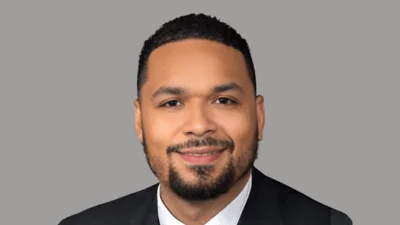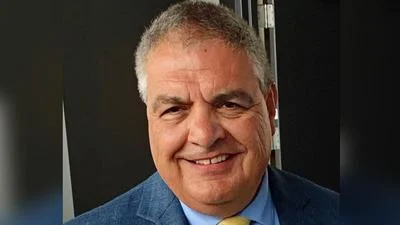Walter “Ted” Carter Jr. President at Ohio State University | Official website
Walter “Ted” Carter Jr. President at Ohio State University | Official website
Two assistant professors at The Ohio State University College of Medicine have been awarded the 2025 Investigators in the Pathogenesis of Infectious Disease (PATH) grant from The Burroughs Wellcome Fund. Adriana Forero and Fernanda Novais will each receive a five-year, $505,000 award to support their research projects as early-career scientists.
Eugene Oltz, chair of the Department of Microbial Infection and Immunity, noted that this competitive award acknowledges Forero and Novais' significant contributions to advancing scientific understanding of human biology interactions with infectious agents. "Their work advances our ability to improve human health," Oltz stated. He added that they are likely the first from Ohio State to reach the interview stage and secure two awards.
Forero's research focuses on how genes associated with neurodevelopmental disorders influence immune defenses in the lungs rather than the brain. Her study titled “Resident nuclear factors drive heterogeneity in the antiviral response” aims to explore how transcriptional regulators affect epithelial cells' ability to combat viral infections. "With the flexibility this award provides, I can combine cutting-edge genomic tools and virology techniques," Forero said. She aims to uncover new genetic, epigenetic, and transcriptional regulatory processes that coordinate host responses to viral infections.
Novais specializes in immune responses to Leishmania parasites causing cutaneous leishmaniasis. With over 20 years of experience, she has discovered how immune cells contribute to skin damage during infection and seeks new therapeutic approaches based on these findings. Supported by the PATH award, Novais intends to investigate how Leishmania parasites persist in humans post-infection by manipulating iron metabolism for immune evasion. "This award provides freedom and flexibility to explore new scientific directions," Novais explained.
Her project titled “Immune evasion strategy of an intracellular parasite” will examine how Leishmania alters immune cell biology for long-term survival. These findings could inform broader understandings of chronic infections and potential interventions for restoring health.
"This research will help us better understand the tug-of-war between host and pathogen," Novais said. By revealing microbial strategies for evading immune detection, it may lead to improved prevention or treatment methods for infections.






 Alerts Sign-up
Alerts Sign-up